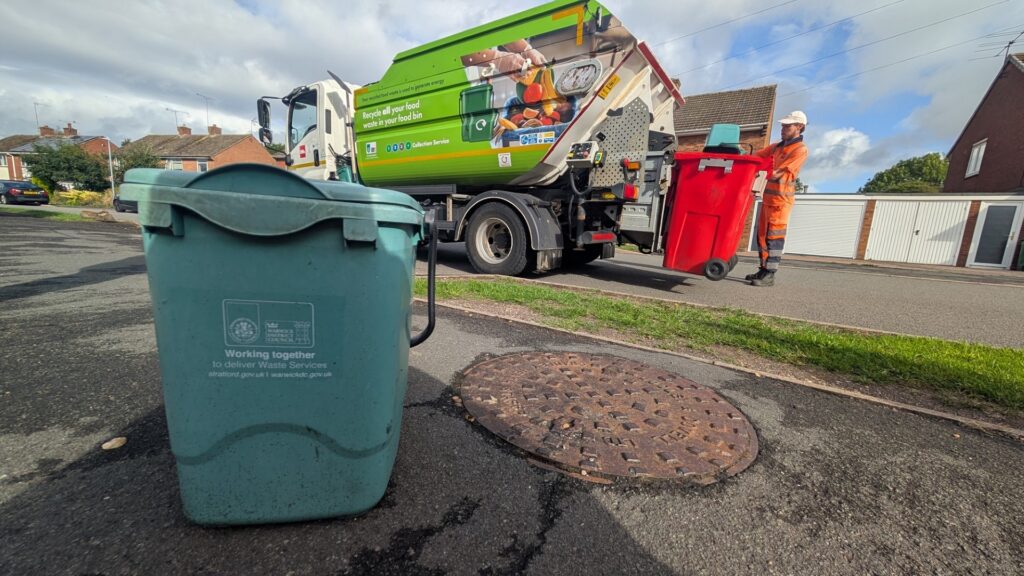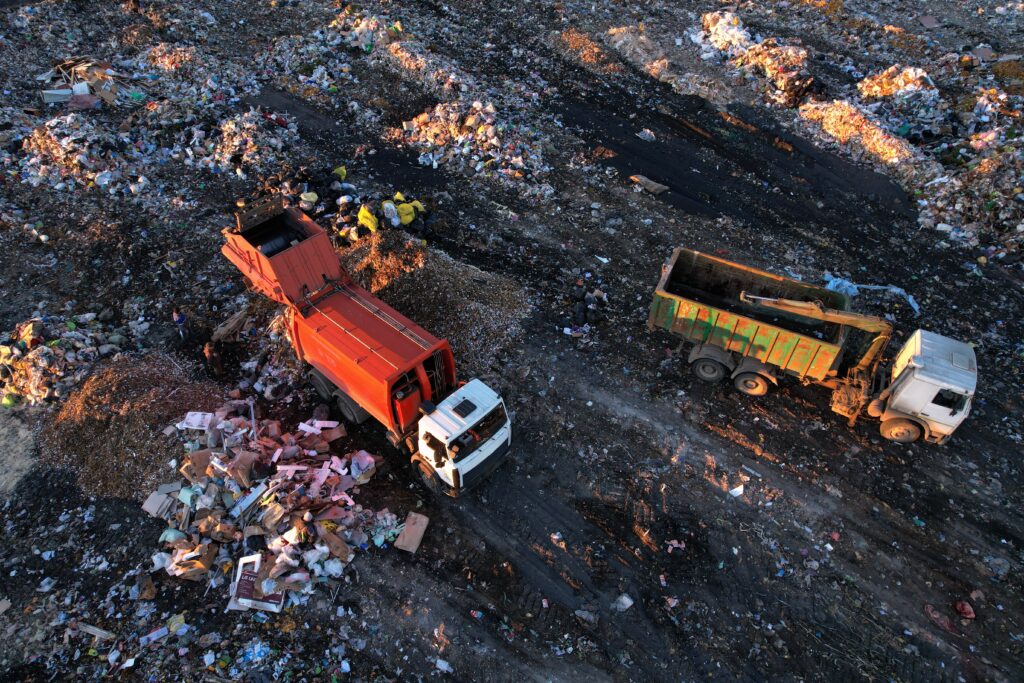“The Design for Life Roadmap” will also focus on reducing the NHS’ reliance on foreign imports by encouraging local innovation – particularly in reuse.
The research for the report was conducted by the Exeter-led Circular Economy Hub.
In a statement issued yesterday (16 October 2024), the Department of Health and Social Care said that currently millions of devices such as walking aids and surgical instruments are thrown away after one use.
Some of these devices are very expensive – harmonic shears, for example, cost more than £500 each with 90% being thrown away after one use.
Alongside reducing plastic waste and overall emissions, the department said that it hopes the roadmap will prevent precious metals such as platinum and titanium from ending up in landfill.
The strategy sets out 30 actions to achieve the shift – including how the government will work with companies to encourage the production of more sustainable products, along with training for NHS staff on how to use them.
Health and Social Care Secretary Wes Streeting said: “The NHS is broken. It is the mission of this government to get it back on its feet, and we can’t afford a single penny going to waste.
“Because the NHS deals in the billions, too often it doesn’t think about the millions. That has to change. This government inherited a £22 billion blackhole in the public finances, so we will have a laser-like focus on getting better value for taxpayers’ money.
“Every year, millions of expensive medical devices are chucked in the bin after being used just once. We are going to work closely with our medical technology industry, to eliminate waste and support homegrown medtech and equipment.”
Case studies to illustrate potential savings
The government has pointed to several case studies which could illustrate the potential financial savings the NHS could achieve.
For example, the Mid Yorkshire Trust uses 330,000 single use tourniquets in a year, but a single reusable tourniquet can be used 10,000 times. In a recent one-year trial, reusable alternatives saved £20,000 in procurement costs and 0.75 metric tonnes of plastic waste.
Likewise, Leeds Teaching Hospitals Trust saved £76,610 by purchasing 604 remanufactured Electrophysiology (EP) Catheters rather than their brand-new alternatives. It also received a further £22,923 after selling the devices on for collection.
The government said that if the same approach were to be scaled up across the UK, the NHS could save millions of pounds per year on EP catheters alone.









Subscribe for free